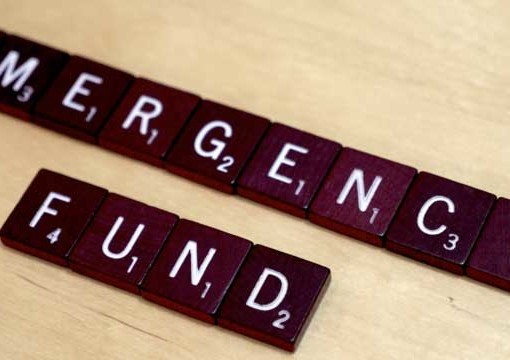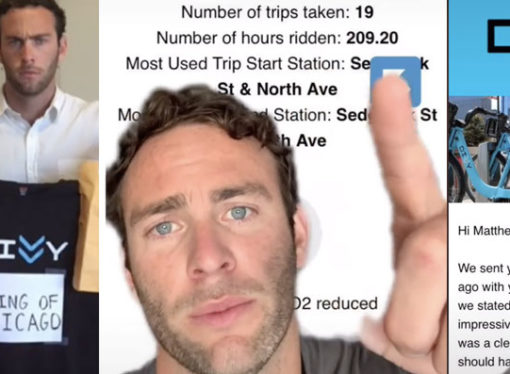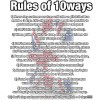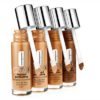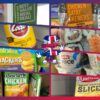First of all we’re not saying you should treat your dog any less but carefully spending on your pet will mean they get treated well and you will still have cash in your pocket.
Also, this list isn’t exhaustive do your own proper research and seek professional advice before doing anything that would change/potentially harm your dog. Depending on your circumstances consider a rescue dog as this is another great way of saving money and helping out a lonely dog.
1) Properly measure their food intake and keep to that
 We all love to treat our dogs but over feeding isn’t good for your dog or for your bank balance. Overweight dogs are more prone to illness and expensive vet visits.
We all love to treat our dogs but over feeding isn’t good for your dog or for your bank balance. Overweight dogs are more prone to illness and expensive vet visits.
If you add treats to their diet then remember to remove a slight amount of their dinner to compensate.
We use food from Tails partly because of the convenient deliveries but also because of the personalised experience and knowing we’re giving the correct amount of food each day.
2) Don’t buy cheap tennis balls or even expensive ones!
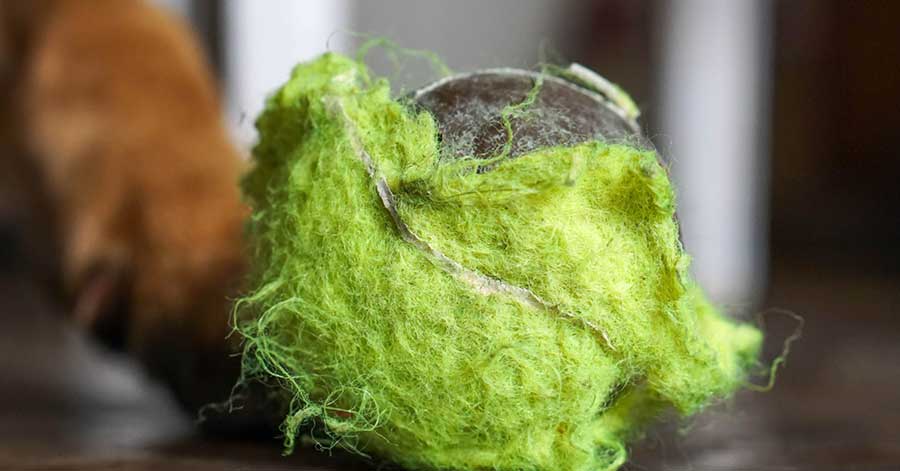 You know the 3 pack of balls you get from supermarkets/pound shops etc don’t bother with them they don’t bounce well, they disintegrate when chewing and often the fur comes off the ball within hours.
You know the 3 pack of balls you get from supermarkets/pound shops etc don’t bother with them they don’t bounce well, they disintegrate when chewing and often the fur comes off the ball within hours.
Saying that don’t go crazy and spend a fortune on brand new branded tennis balls either, instead see if your local tennis club will sell you their old balls or failing that look at eBay for used tennis balls
3) Create a DIY insurance policy from day one of ownership or triple check the insurance policy you’re buying
Before we start: If you’re getting an insurance policy because you don’t think you could afford future vet bills then you may want to reconsider owning a dog in the first place as it sounds like you might not be able to comfortably afford one.
Dog insurance is expensive, Vet bills are expensive, however, many insurance policies have ‘hidden’ get out clauses for long term conditions meaning they won’t cover you for lifetime vet bills, so the insurance companies will either charge you even more of a fortune to continue after a major illness is discovered or simply won’t insure you at the current cover level. Some policies will allow this so make sure you know which you’re paying for and read the terms and conditions.
An alternative & something we do is put the money we would be placing in an insurance policy into a savings account. The 4 years of vet free (other than annual injections) life our dog has so far had means we have the £624 saved up if something was to happen to our dog. If he lives a comfortable life and doesn’t need much vet help then that money is ready for something else. If something bad happens we know we have the money ready for him.
As the above title hints going down the DIY route isn’t the best for everyone so make sure you full check the market and weigh up your options before deciding, the last thing you’d want to do is risk the health/life of your loved dog.

The cheapest vet insurance (March 2017) that covers Maximum Benefit (e.g. no time limit on a condition) was £11.86 per month, the most expensive reasonable priced Lifetime (new conditions are covered even at renewal) was £38.65 per month, if you were to save that money yourself you would be looking at £141 – £463 a year added in to your DIY insurance policy.
The key is to make sure you don’t spend that money you’ve saved and if your bank balance is tight make sure you have easy access to this money ready for emergency vet bills.
4) NEVER BUY RAWHIDE (soft leather like chew toys)
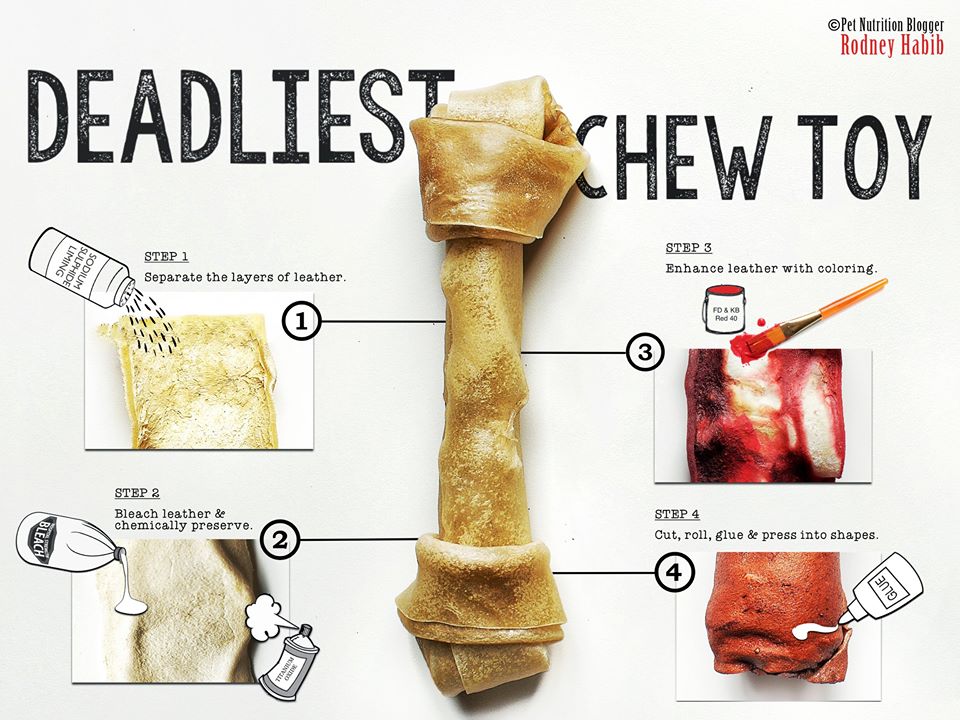 Not only can these get easily stuck in your dogs throat and bowels but they also can contain contamination from toxic chemicals (used to bleach / treat / glue the hide) or other scary things like E. coli or Salmonella.
Not only can these get easily stuck in your dogs throat and bowels but they also can contain contamination from toxic chemicals (used to bleach / treat / glue the hide) or other scary things like E. coli or Salmonella.
Some dogs will get digestive irritation from the substances used in the production methods as well. In the past lead, Arsenic, Mercury, Chromium salts, Formaldehyde and other toxic chemicals have been detected in raw hides.
If you decide to risk it then ensure your dog is away from other dogs to chew them, a dog that thinks he is going to lose his favourite treat may consider rushing it which might lead to a swollen chew toy somewhere in his throat.
Always supervise your dog when they eat them, always take away once they’re small enough to swallow in one mouthful.
5) Learn what dogs are allergic to / can kill them
The easiest way to avoid an unwell dog and expensive vet bills is to ensure you know the common household foodstuffs that can harm/kill your dog, this list is not exhaustive so always keep an eye on what they’re eating an seek professional advice.
- Alcohol – Too much can quickly lead to alcohol poisoning and death
- Avocados / Guacamole – Contains a fungicide known as persin, this can cause stomach upset. The pit can cause blockages in the digestive system.
- Milk / Ice-Cream / Cream / Dairy – Humans have an enzyme that breaks down lactose in milk but dogs don’t have very much of this enzyme, ingesting milk can result in diarrhoea and intestinal upset. Then can also trigger food allergies leading to dogs itching etc.
- Coffee / Tea – Heart palpitations and muscle tremors.
- Chocolate (including white chocolate) – Contains a caffeine-like substance called theobromine which causes vomiting, diarrhoea, irregular heartbeat, tremors, seizures and even death. The most dangerous is dark or unsweetened baking chocolate.
- Garlic / Onions / Chives – Irritate your dog’s digestive system thanks to these allium genus plants, consume too much and it can deplete your dog’s red blood cells leading to anaemia.
- Peaches / Plums / Apricots – The stones in these fruits can obstruct your dog’s bowels and then also contain a small amount of cyanide which is poisonous to humans and dogs.
- Macadamia nuts (Think cookies) – hypothermia and tremors, often takes 12 hours to show
- Gum – This could obstruct your dog’s bowels, it may also contain Xylitol which is a sweetener that is extremely toxic to dogs (causing liver failure)
- Sugar – Obesity and Diabetes
- Grapes / Raisins – Vets are unsure why but grapes and raisins can lead to kidney failure even if only a small amount has been consumed. At first it may lead to hyperactivity / vomiting but then depression and lethargy after a day.
- Raw Eggs – These restrict the absorption of vitamins your dog needs (causing skin/coat problems in the future). Also, a risk of salmonella.
- Salt – Dehydration, high temperature, tremors, vomiting and even death if consumed in mass quantities.
- Bones – Cooked bones splinter and these can get lodged in your dog’s throat or even puncture their digestive tract.
- Dough – Before bread is baked it rises and if digested will continue to rise in your dog’s stomach causing a lot of pain. The yeast can also lead to alcohol poisoning as it ferments in the stomach.
- Baking Powder / Baking Soda / Nutmeg / Other spices – are all highly toxic to dogs
6) Train them properly
A dog that knows how to ‘Leave it’ and when to ‘Stay’ could be a dog that is stopped eating something poisonous or from getting run over near a road.
Training your dog to stop barking or chewing will help you save money on expensive training, wasted dog toys or dining room table legs…
After training finish off with a handful of biscuits/treats/food to say well done and ensure you pack away the toys/training you’ve been doing to show you’re in control.
Buy A clicker, Dog Whistle and some suitable treats (not normal dog food but something extra tasty).
7) Don’t buy soft toys that they will tear apart in hours
We have a labrador and anything soft (other than his bedding) get’s destroyed within minutes. Instead, we opted for Nylabones and Kong Blacks filled with peanut butter and his normal food loose or mushed up and frozen.
These keep him busy most evenings and he uses the Nylabones to chew / clean his teeth after meals.
Also, consider removing toys once they’ve finished playing and rotating the toys every week or so to keep them excited by them. This will save you buying new toys every few months.
Consider brain training games to stimulate your dog, also think of alternatives using house hold items (e.g. muffin tin and balls)
8) Buy decent food that isn’t full of filler & buy in bulk to save money
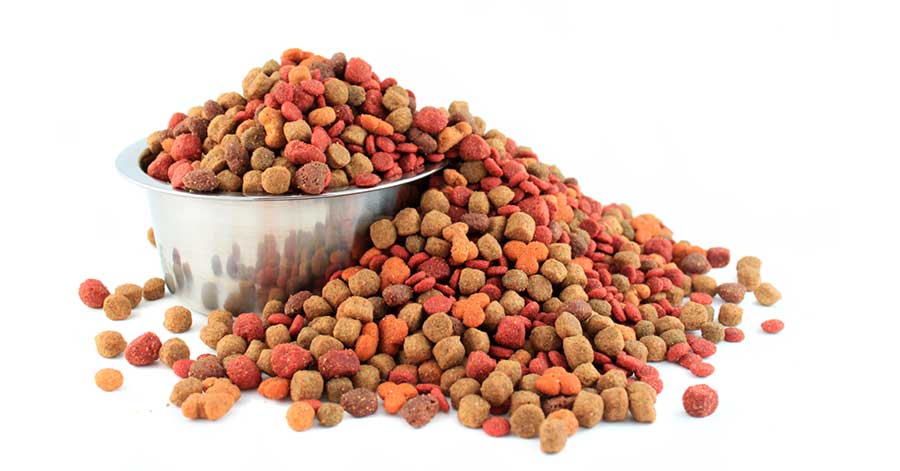 Generally speaking the more spent on adverts and promoting a product the inferior the product actually is.
Generally speaking the more spent on adverts and promoting a product the inferior the product actually is.
We used All About Dog Food to find out exactly what the best food was for our dog so we could offset the bad ingredients with supplementary items (e.g. raw veg / meat alongside some meals etc).
You need to consider the cost implications versus the quality of the food.
9) Save money on dog grooming by doing it yourself (if you’re confident enough and know exactly what is needed for your dog breed)
The earlier you start this the better, if they think it’s normal then they won’t fight it and should enjoy it.
Remember different breeds will need different grooming and not all dogs will be suitable for home grooming but many you should be able to do, buy a decent book and/or watch some YouTube videos.
We now use these Dyson brushes to remove hair when moulting but our main brush is this Deshedding brush this will also save you hours of extra vacuuming around the house each month and help keep their coat shiny and knot free.
We also bulk buy dog shampoo which cuts the cost down compared with buying locally.
Looking after your dogs nails is vital especially if they’re not exercised enough.
10) Save money on comfy dog bed alternatives
We’ve seen dog beds for £70-£200 in the past, our dog has blankets we’ve stopped using in the lounge or we’ve purchased from places like HomeBargains etc. 3-5 blankets is enough padding for his crate/beds.


